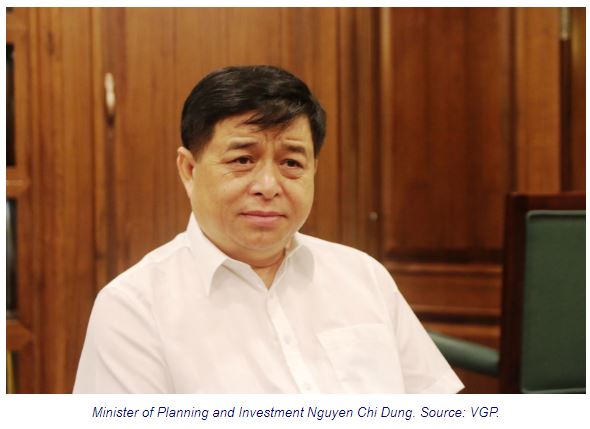Vietnam urged to take advantage of global economic slowdown for stronger reform
After 30 years of economic reform, Vietnam has transformed itself into a middle-income country and integrated deeply into the world economy, said Dung in an interview with the governmental portal.Dung pointed to a view shared by international organizations and experts that Vietnam’s development path is in line with that of the world.“The international community has now acknowledged Vietnam’s status as not only a learner, but also at a position of sharing its development story with others,” Dung continued.Amid growing global uncertainties, Vietnam has come to the final stage of its 10-year socio-economic development strategy in the 2011 – 2020 period, while preparing to take a leap in a new period with new opportunities and challenges for development, Dung stated.In a recent report, the UNDP named Vietnam among the 10 countries most vulnerable to climate change, which could lead to a decline of 2.5 – 4% of its GDP depending on various scenarios.Professor Thomas Valley from Harvard Kennedy School recommended Vietnam attract national talents from abroad back to the country, saying those are Vietnam’s “goldmine”.
Dung said the Vietnamese government is aware of the issue and has been working on policies and measures, including the establishment of the National Innovation Center, to promote innovation, science and technology development.
According to Dung, Professor Michael Porter from Harvard shared a new approach on national competitiveness, instead of relying on low wage, cheap labor cost and labor intensive factors.
Porter listed out two perspectives. Firstly, it is the transparency in tax and monetary policies, as well as the legal framework in human and social development.
Secondly, enterprises and the surrounding business environment play a key role in enhancing competitiveness. Porter insisted on a balance between the economic factor and social harmonization.
A number of factors could potentially affect Vietnam’s competitiveness, including traffic fatalities and the lack of involvement of citizens in the course of development, among others.
Data from UNDP showed Vietnam spent only 0.19% of its GDP on R&D, much lower than that of China with 2%, Japan and the US with 3%.
In the current context, the global economy has transitioned to a knowledge economy, so the issue would be whether Vietnam is prepared to take risks for developing and applying new technologies, particularly new business models and innovation, Dung questioned.


 Thailand
Thailand




